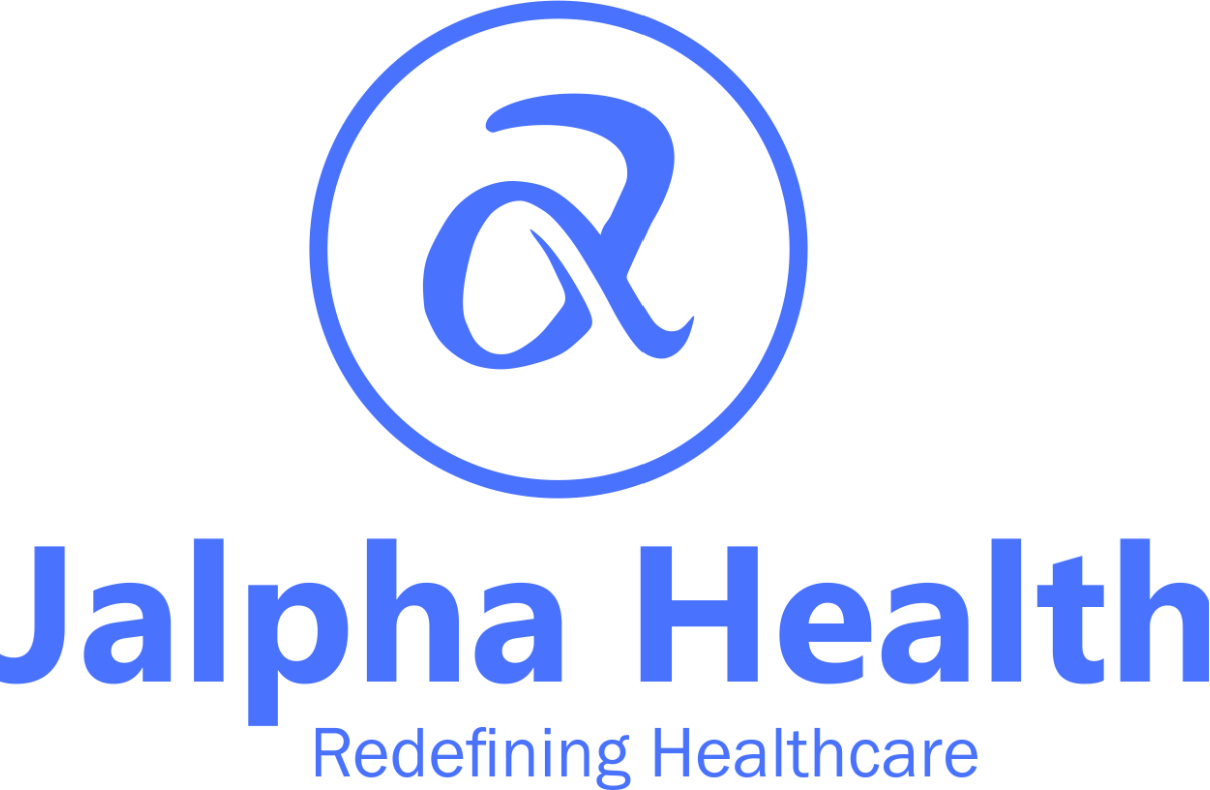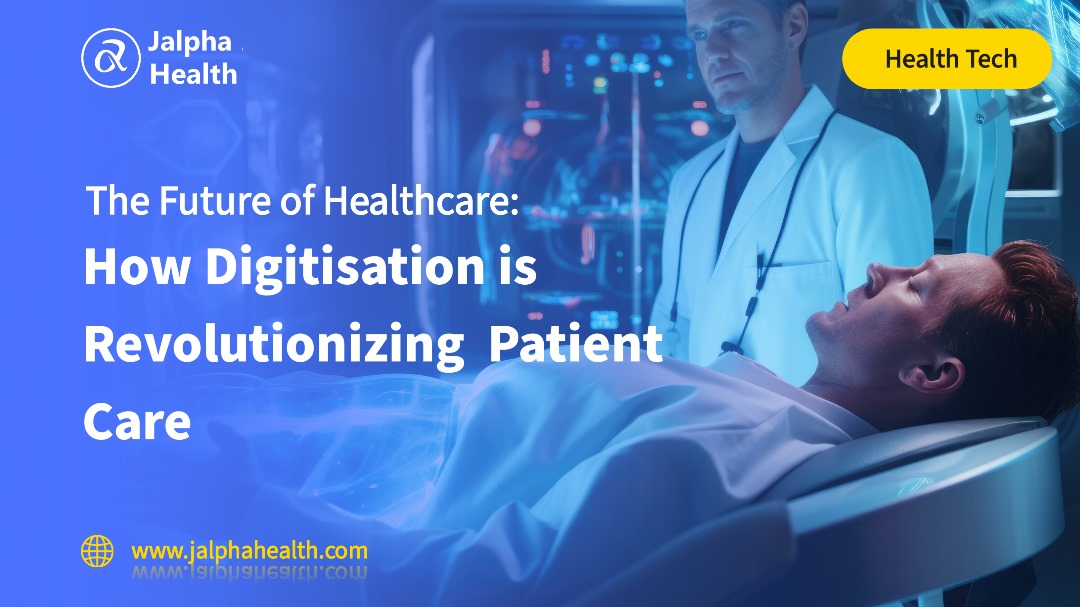The healthcare industry in West Africa, like everywhere else, is undergoing a digital revolution. From electronic health records (EHRs) to telemedicine, technology offers tremendous benefits: convenience, efficiency, and improved patient outcomes. However, this digital transformation comes with a critical challenge: cybersecurity.
Why is Healthcare Vulnerable?
Healthcare data is a goldmine for cybercriminals. It contains highly sensitive information like patient names, addresses, Social Security numbers, diagnoses, and treatment plans. This information can be used for a variety of criminal activities, such as identity theft, insurance fraud, and even blackmail. West Africa faces an additional challenge. While cyberattacks are a global threat, limited resources and capabilities compared to more developed regions make healthcare systems in West Africa even more susceptible.
“What Cyberattacks?” you may ask, let’s enlighten you. Just a few.
- Ransomware: Hackers can lock down a hospital’s computer systems and demand a ransom payment to unlock them. Imagine a criminal blocking access to patient files and demanding money to unlock them, potentially delaying critical treatment.
- Phishing Emails: Deceptive emails disguised as legitimate sources trick employees into clicking malicious links or attachments, giving hackers access to the system. Think of a fake email that looks like it’s from the IT department, but it’s actually a trap to steal passwords.
- Data Breaches: Hackers gain unauthorized access to patient data through vulnerabilities in computer systems. Imagine a criminal breaking into a hospital’s computer system and stealing patient files.
The High Cost of a Data Breach
A healthcare data breach carries severe consequences, with patient trust being shattered as breaches erode public confidence in healthcare institutions. Beyond trust, lives are potentially put at risk as altered medical records could lead to incorrect treatment decisions, jeopardizing patient safety. Moreover, organizations face significant financial and reputational damage, including hefty fines, legal battles, and long-lasting reputational harm. Such breaches not only compromise patient privacy but also threaten the integrity and stability of healthcare systems.
Dear healthcare providers, cybersecurity must be a foundational aspect of operations rather than an afterthought. Here’s a comprehensive approach to integrating security measures into your systems:
Encryption: Ensure that all patient data is encrypted both at rest (stored on servers) and in transit (transferred between systems) using industry-standard encryption protocols. This ensures that sensitive information remains protected, akin to encoding it in a secret language that only authorized personnel can decipher.
Access Controls: Implement strict access controls to restrict access to patient data based on employees’ roles and responsibilities. Just like keys grant access to specific rooms in a hospital, digital access controls ensure that only authorized individuals can view or modify patient information.
Security Monitoring: Continuously monitor your systems for any signs of suspicious activity. Similar to having security guards patrol a facility, digital security monitoring tools can detect and alert you to potential threats in real-time.
Incident Response: Develop and regularly update a comprehensive incident response plan to effectively respond to cyber attacks or breaches. This plan should outline steps for containing the damage and restoring normal operations swiftly, similar to conducting fire drills to prepare for emergencies.
Employee Training: Provide regular cybersecurity awareness training to all staff members to educate them on identifying and mitigating cyber threats. Just as medical professionals undergo training to recognize and respond to medical emergencies, employees should be equipped to handle digital security incidents.
Vetting Vendors: Thoroughly assess the cybersecurity practices of any third-party vendors or partners with whom you share patient data. Similar to scrutinizing the credentials of suppliers providing medical equipment, vetting vendors ensures that they meet the necessary security standards to protect patient information.
Secure Development: Adopt secure coding practices throughout the software development lifecycle to minimize vulnerabilities in your systems. This involves implementing stringent security measures during the design, development, testing, and deployment phases of software development, akin to building a sturdy foundation for a structure to withstand external threats.
Securing Our Digital Future
The fight against cybercrime is an ongoing battle. To protect patient data and ensure the integrity of healthcare in West Africa, we need robust cybersecurity measures specifically tailored to the region’s needs. These measures include:
- Government Initiatives: Developing national cybersecurity frameworks and promoting information sharing among healthcare institutions.
- Investing in Resources: Increased funding for cybersecurity infrastructure, training programs, and awareness campaigns.
- Collaboration: Healthcare providers, technology companies, and government agencies working together to share best practices and develop effective defense strategies.
Beyond Encryption: Addressing Legacy Systems with Jalpha Health
Many healthcare providers in West Africa still rely on paper-based records or outdated computer systems. These legacy systems are often poorly secured and pose a significant security risk. Jalpha Health understands this challenge.
Here’s how Jalpha Health delivers value:
- Secure, Modern Solutions: We offer a suite of secure and user-friendly healthcare IT solutions designed to replace outdated systems. Our solutions are built with robust security features from the ground up, ensuring patient data is protected.
- Focus on Usability: Jalpha Health understands the importance of user adoption. Our solutions are designed to be user-friendly for both healthcare providers and patients, minimizing disruption during the transition from legacy systems.
- Implementation Expertise: We provide expert guidance and support throughout the implementation process, ensuring a smooth transition to a more secure and efficient digital healthcare environment.
Jalpha Health is committed to helping healthcare providers in West Africa embrace the digital revolution with confidence. By offering secure, innovative solutions and expert support, we can empower healthcare institutions to modernize their operations, improve patient care, and safeguard sensitive data. Together, we can build a more secure and prosperous digital healthcare future for West Africa.



